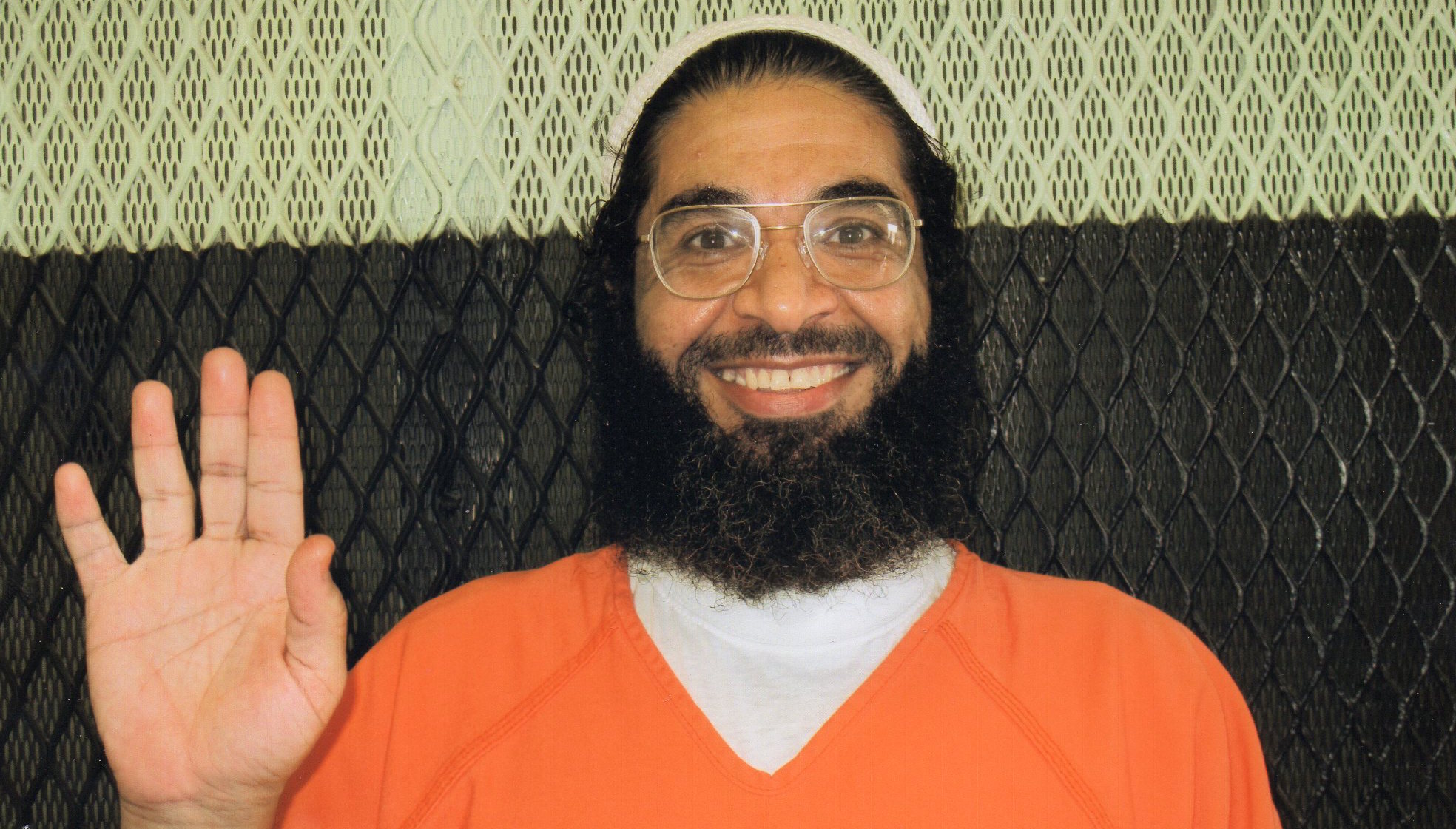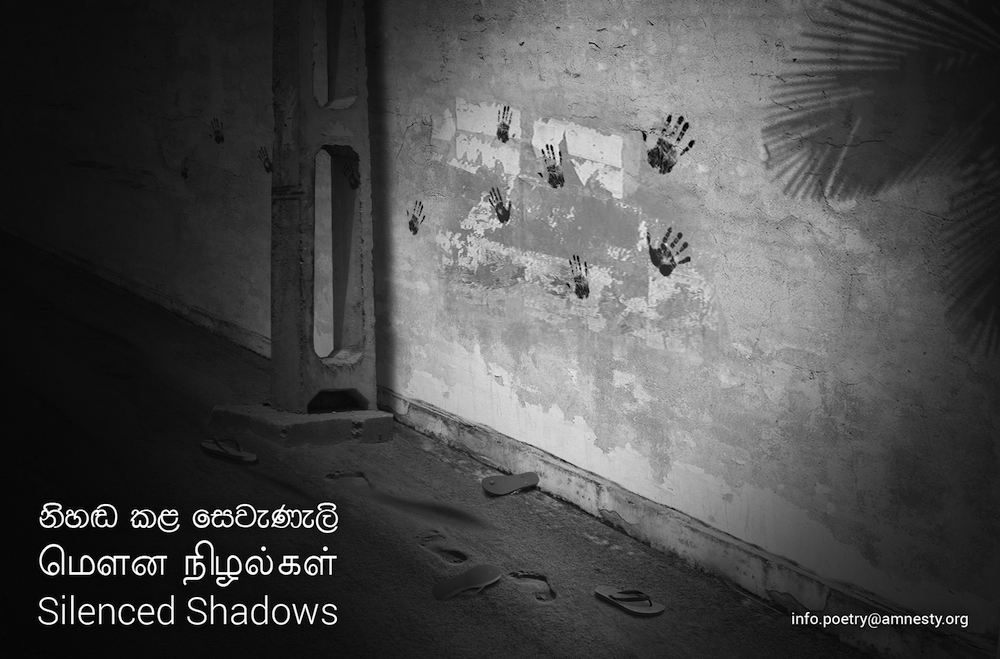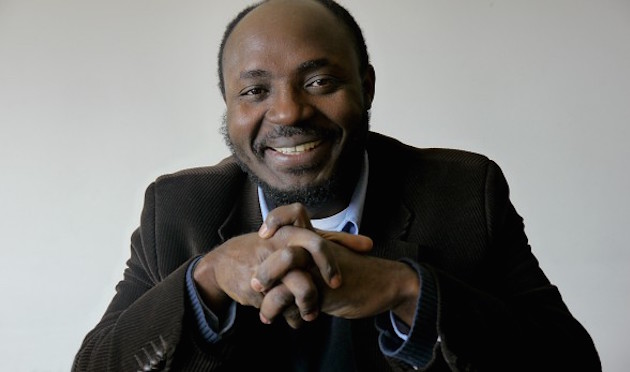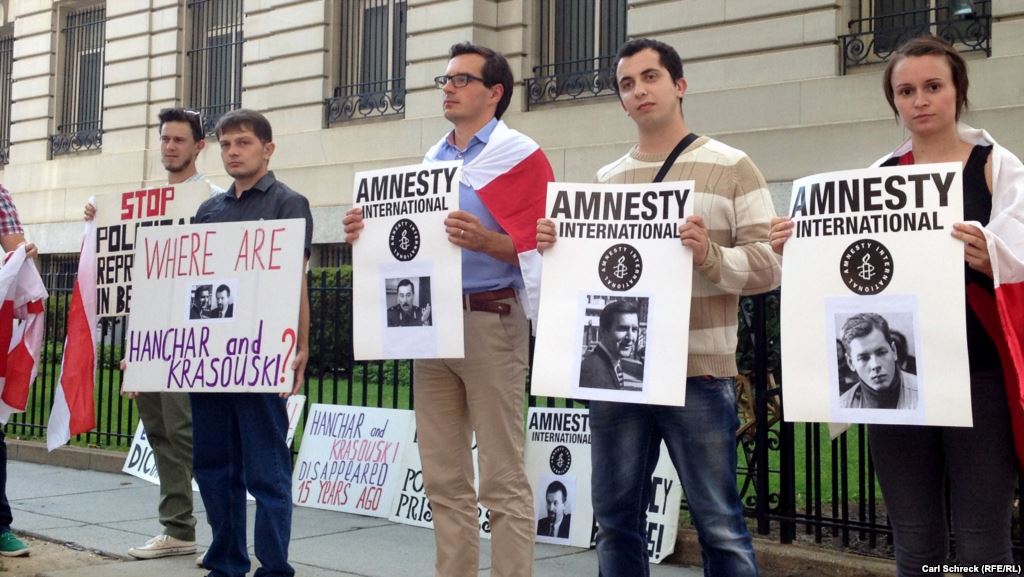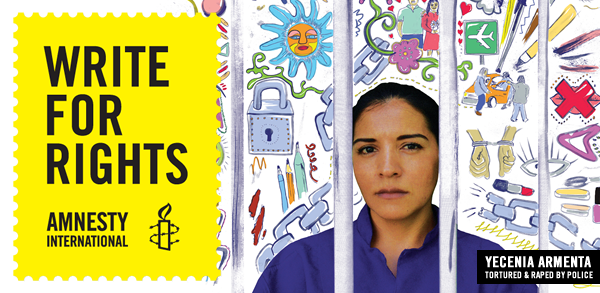
I don’t know about you, but I hate writing. My hand cramps, I get ink everywhere and my penmanship is illegible. However, despite all that, every December 10th on International Human Rights Day, I sit down and write letters as part of Amnesty’s annual global Write for Rights campaign. Why? Because in my 10 years with Amnesty International, I know that letters can literally save lives.
For example, one of last year’s Write for Rights cases was Moses Akatugba. He was tortured in Nigeria as a teenager into confessing to stealing three cell phones, and then sentenced to death. Earlier this year, he was pardoned and walked free. He said, SEE THE REST OF THIS POST


